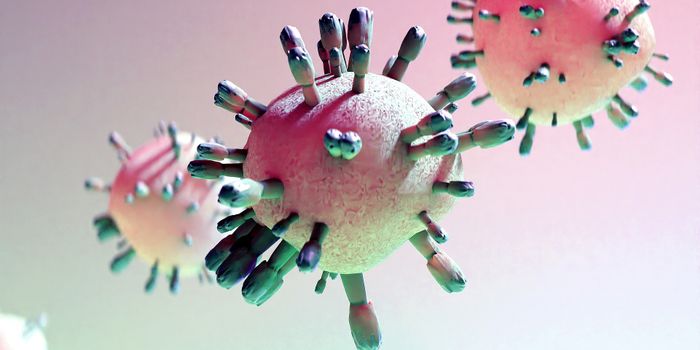T Cell Subset Uniquely Equipped to Target IBD
A specialized form of T cell emerges as a new focus for gastrointestinal (GI) health research, specifically in the context of inflammatory bowel disease (IBD) for children. In a new Canadian study, researchers observe how this T cell subtype is uniquely able to suppress IBD-related inflammation.
The specialized T cells are called Tr1 cells, and they appear to play an important role in repairing the GI tract barrier with chemical signaling. The GI tract is often damaged as a result of IBD pathology, and Tr1 cells support GI health by stimulating the production of protective mucus.
"As a new therapy, Tr1 cells could both suppress the inflammation that is ravaging the lining of the gut and help heal the tissue lining that keeps out harmful bacteria,” explained senior author Megan Levings, PhD.
This is good news for the seven thousand children diagnosed with IBD in Canada alone, with Tr1 cells a potential new therapeutic target to address this condition. Researchers investigated the interaction between Tr1 cells and other body cells with an experimental model of “self-organized, three-dimensional mini-guts.” Researchers observed Tr1 cells supporting the GI health of these mini guts by stimulating protective mucus release and generally promoting local GI environmental health.
IBD is an inflammatory condition of the GI tract that includes both Crohn’s disease and ulcerative colitis. People with IBD often experience chronically recurring episodes. The disease is also associated with an increased risk of colon cancer.
People with IBD experience symptoms such as abdominal pain, diarrhea, and vomiting that lead to more serious conditions of malnutrition, weight loss, fatigue and – ultimately – poor quality of life. The classic pharmaceutical therapeutic approach relies on antibody-based treatments that suppress inflammation. However, at least one-third of IBD patients either do not respond completely to the treatment or they do not respond at all.
Scientists have yet to understand why IBD develops in the first place with Tr1 cells on the scene, but it could simply be that there are not enough Tr1 cells to prevent the condition from developing. More research studies in the future could expand the understanding of this relationship.
Sources: University of British Columbia, Gastroenterology, Annual Review of Immunology








